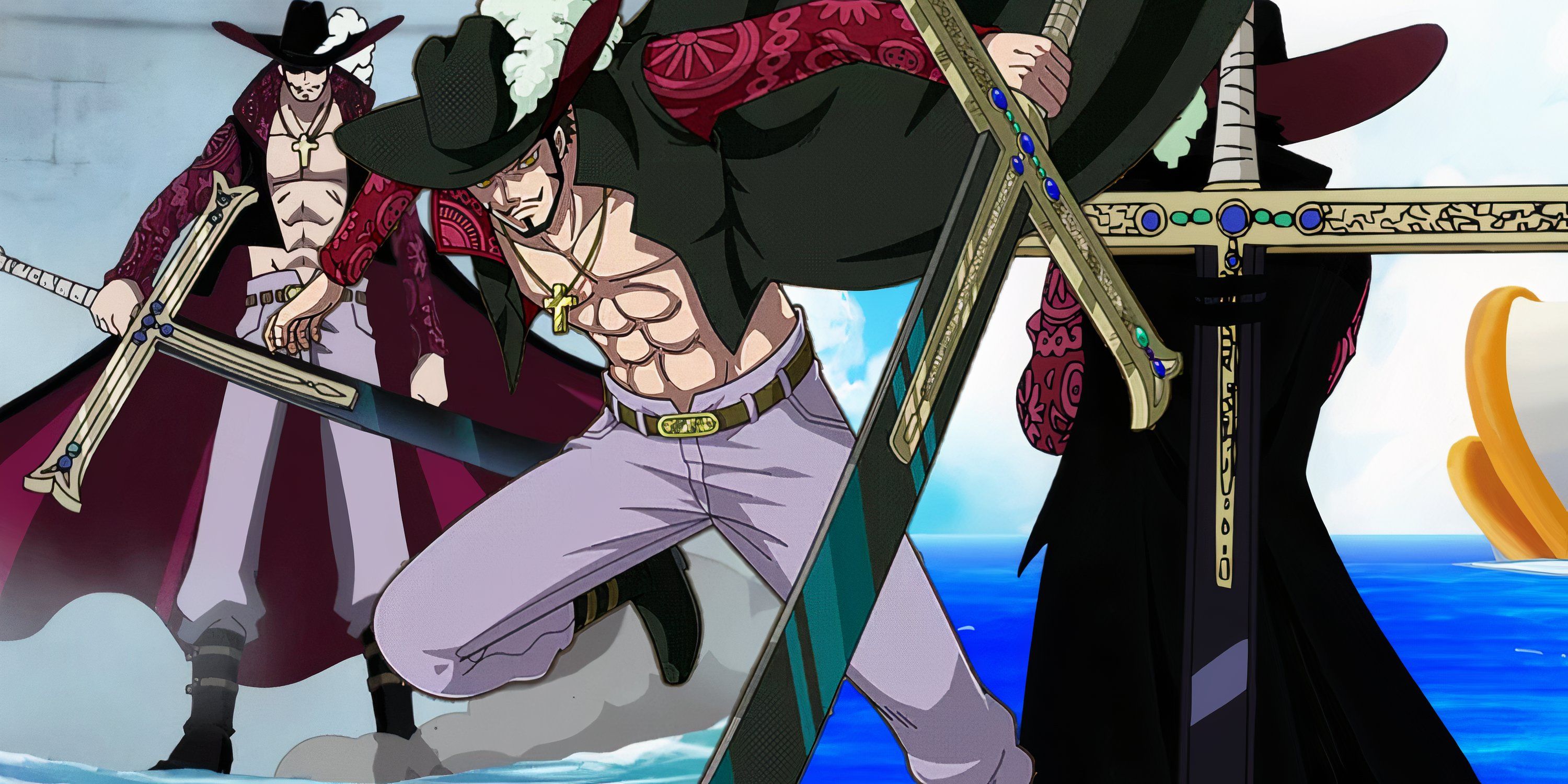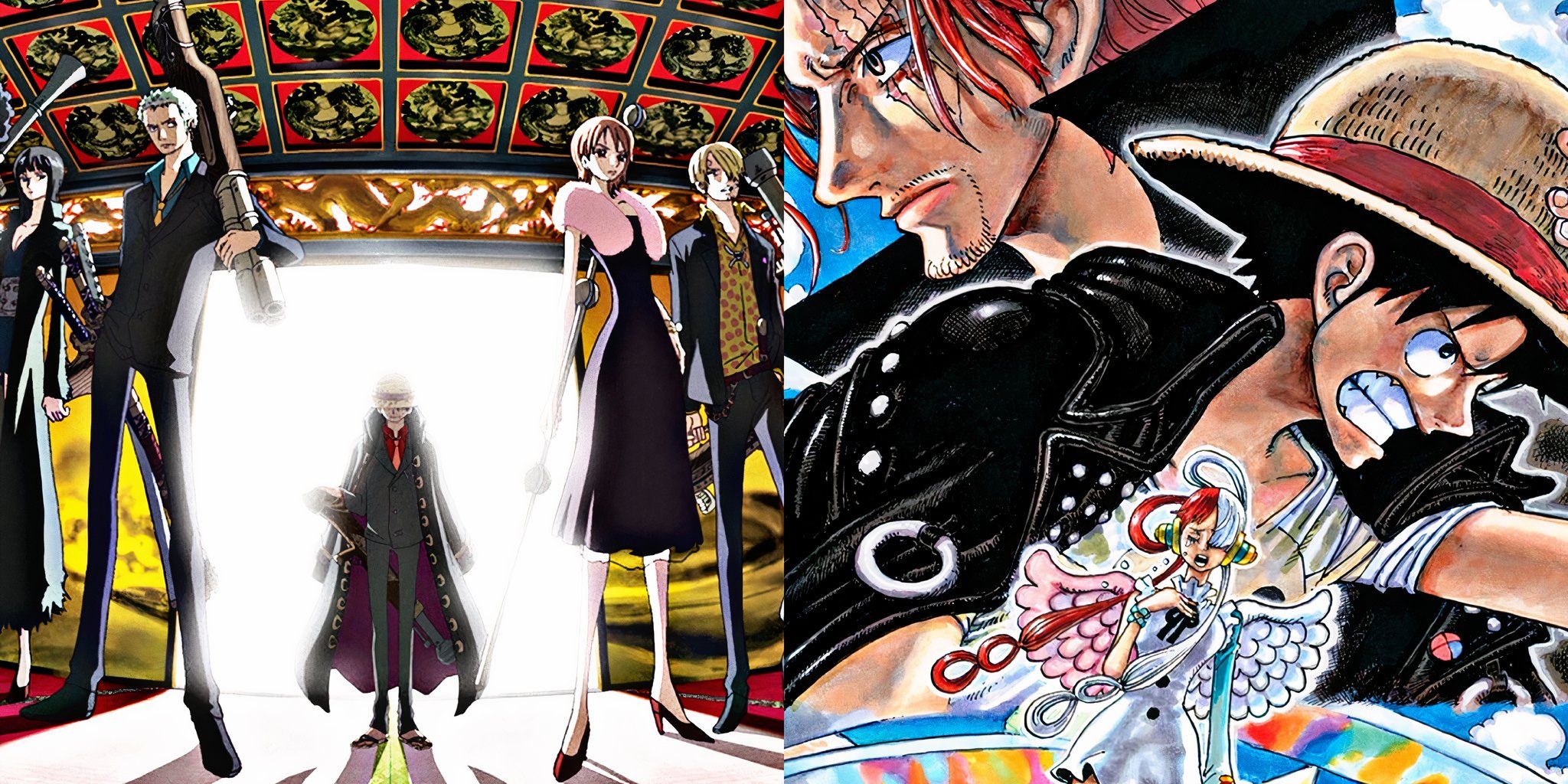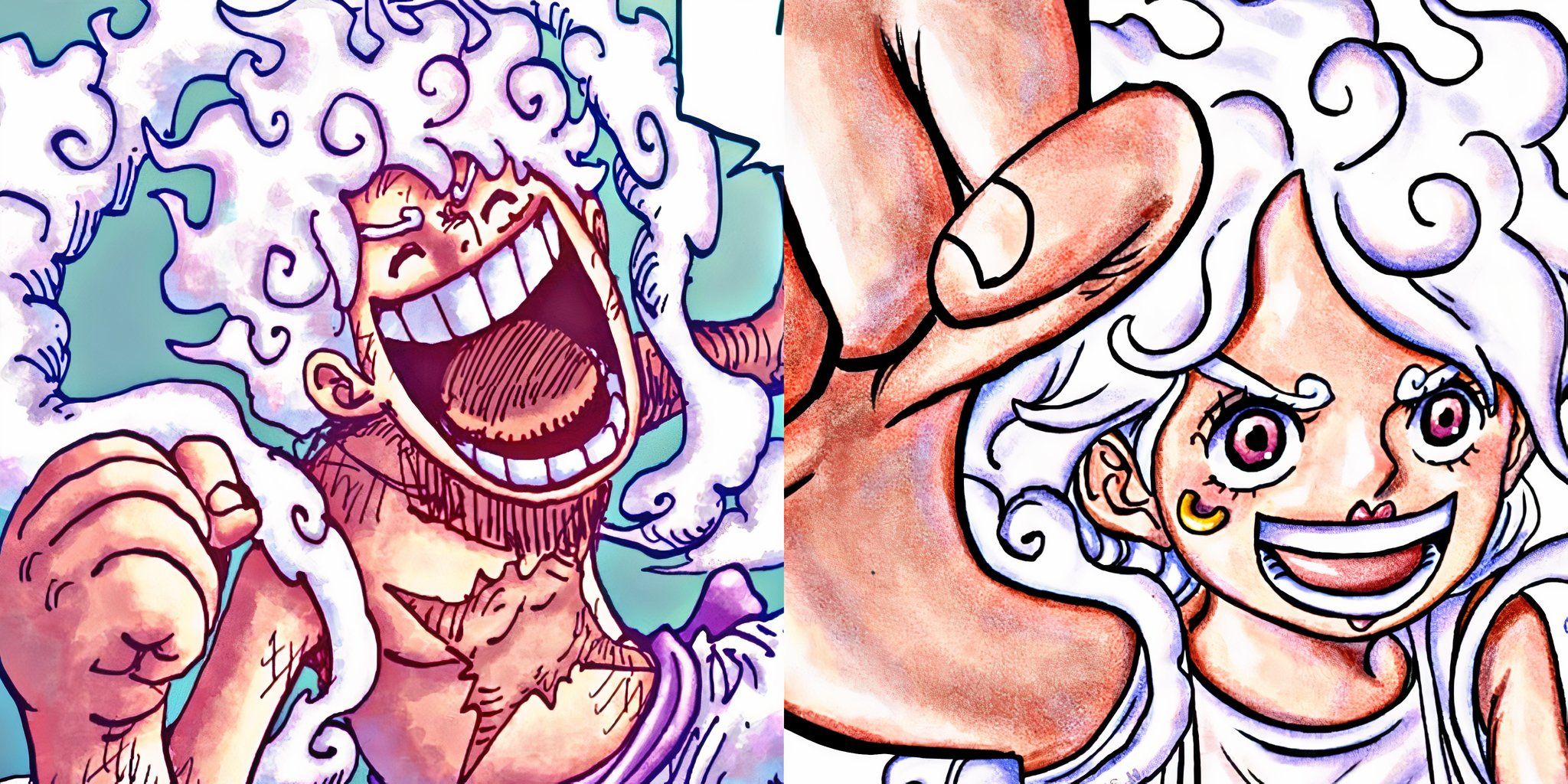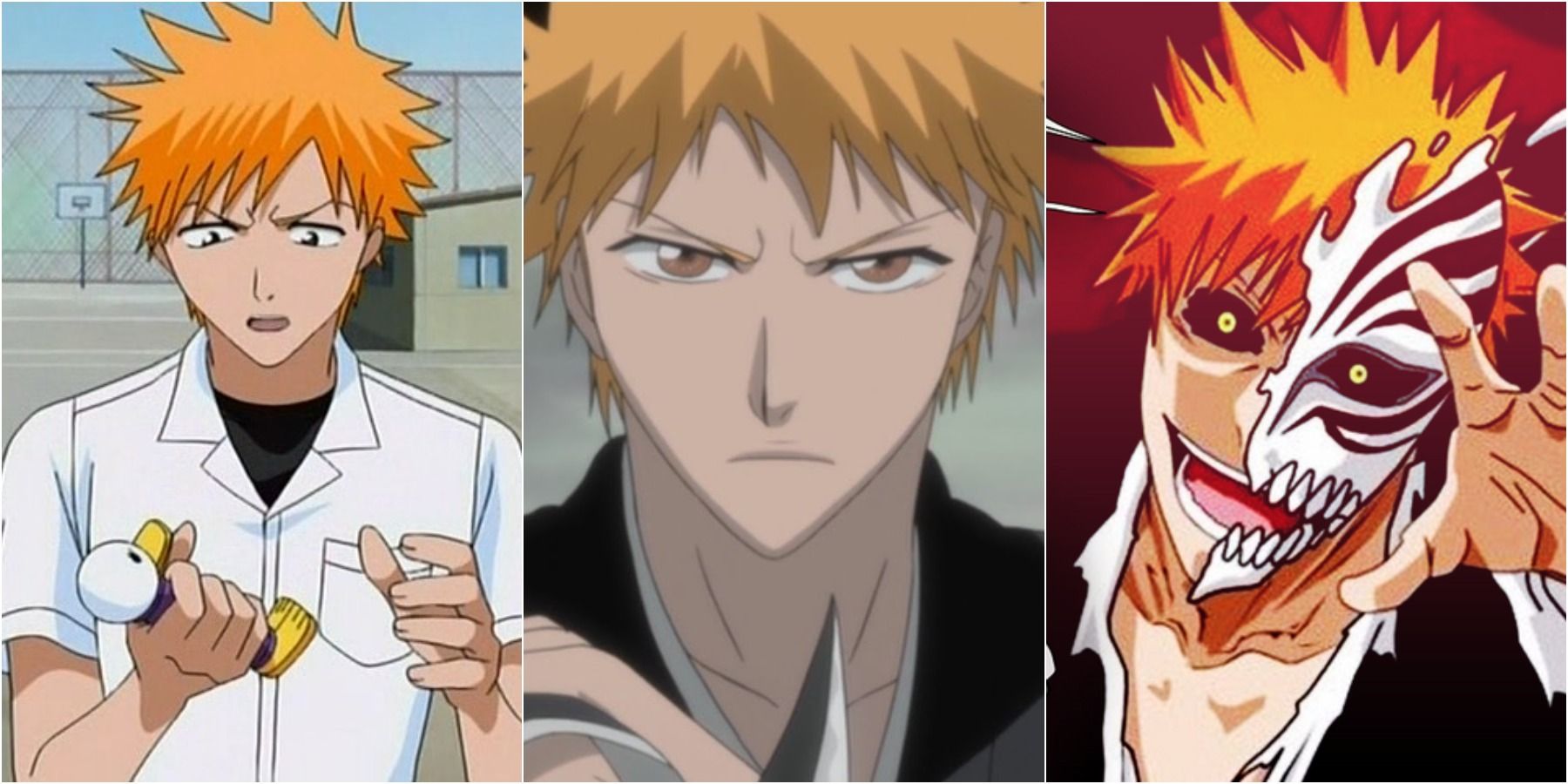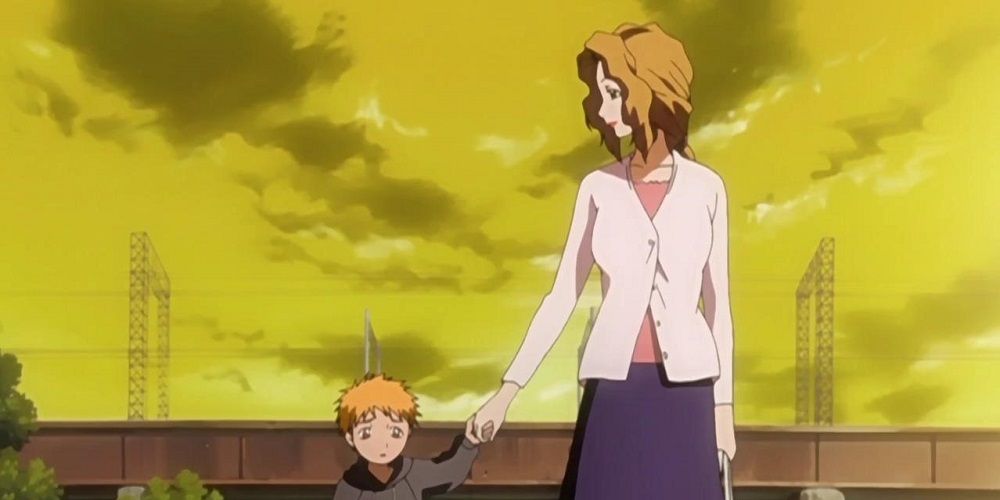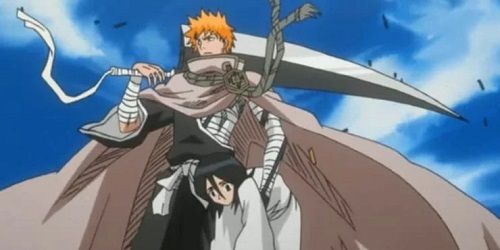The iconic shonen manga-anime series, Bleach has left a deep, memorable mark in the anime franchise over the past decade. The ace and protagonist of the series, Kurosaki Ichigo, is driven by his motivation to live a normal life with his friends and family.
Ichigo reshapes the frequent, unpleasant situations that occur around him through his sheer will and unflinching resolve. Some fans say that Ichigo matured character-wise, while some don't agree; however, despite the lack of consensus, some facts support either of these opposing views.
Why Was Ichigo's Mother a Factor in Ichigo's Growth as a Character?
At the start of Bleach, Ichigo is portrayed as a regular, unassuming teenager, living with his closely-knit family until he encounters a hollow, marking the beginning of his connection to the Soul Society. After a couple of events, Rukia turns him into a Shinigami, but his immediate actions are rash and irrational. Ichigo’s action reflected his naïve attitude, especially with his childish view of what a fight entails. Initially, Ichigo wasn’t one to fight a losing battle, especially when facing a more powerful opponent. This soon changes when he enters the Soul Society and realizes what is truly at stake.
In the Grand Fisher Arc, the first arc of Bleach, Ichigo remains selfish, only true to his interests and desires. Apparently, his behavior was linked to his self-blame for his mother’s death. In the Grand Fisher Arc, Ichigo views the hollow fights and conflicts as an opportunity to protect his family, to make up for the pain he caused. This is one of the major factors behind Ichigo’s character growth in the series.
After Ichigo defeats the Grand Fisher, a hollow that has evaded the Soul Society for decades and was responsible for his mother’s death, he questions his father’s refusal to blame him for his mother’s death. Isshin, Ichigo's father, admonishes him to be happy and live a fulfilled life, so his wife's death would not be in vain. These words strike something deep within Ichigo. Here, Bleach fans witness Ichigo’s first evident character growth. Instead of fighting to repay a debt, Ichigo now fights to prevent anyone from going through the similar horrific experience he once faced. Throughout the series, Ichigo still searches for answers surrounding his mother’s death. Soon, Ichigo discovers the final link in connection with the main villain of Bleach, Yhwach.
Was the Soul Society Arc Really a Game-Changer for Ichigo?
As highlighted earlier, Ichigo's idea of what a fight entails changes when he enters the Soul Society. Initially, Ichigo was used to fighting hollows and mindless monsters such as the Menos Grande he defeats in episode 14 of the anime. However, this changes when he meets Ikkaku Madarame, an opponent with honor who intends to fight to the death. At some point in the fight, Ichigo tells Ikkaku to give up the fight since he outranked him in strength. This naïve ideology quickly changes significantly when he meets Abarai Renji, and he resolves to defeat him. In this battle, Ichigo's determination was strongly highlighted, reflecting growth from his somewhat naïve preconception of the Soul Society.
One thing that remains unchanged throughout Bleach is Ichigo’s instinct-based fighting style that comes true when it counts. Through Ichigo’s clash with several members of the Soul Society, such as Kuchiki Byakuya and Zaraki Kenpachi, he manages to weaken their resolve in fights without dealing any mortal blow since securing Rukia was his objective. However, this soon changes during the Arrancar Arc when he meets Grimmjow and Ulquiorra, villains that threatened the life of his friends. Due to him winning battles with a somewhat fragile Bankai and uncontrolled hollowfication, Ichigo becomes pompous, thinking that he can win battles by only using pure instinct. He holds back in several battles, making grave mistakes, not realizing that you need to have actual power to hold back in a fight. Sadly, at this point in the series, Ichigo's strength is subpar compared to major characters, which is unsuitable for his actions. His battle with Grimmjow allows him to grow his battle skills, making him aggressive because he subconsciously inherits Grimmjow's fighting style.
This battle technique doesn't work out for him, and soon, Orihime Inoue makes him realize that he’s only hurting himself through his naïve actions. Her confession brings Ichigo back to his old self, in the sense that he starts fighting rationally by fusing tactics and fort with his instinct without relying on emotions - a fragile power boost. He begins to understand the characters he faces better, revealing immense character growth. However, once again, he loses himself completely to the hollowfication process and ends up killing Ulquiorra and hurting his friend. Ulquiorra’s demise dawns on him and makes him realize what death really means, and he rebukes Yami’s lack of sympathy for his comrades.
When Ichigo confronts Aizen later on in the series, he threatens to “kill” him for the first time in Bleach, showing how much the naïve boy that didn’t want to fight had changed. Ichigo handles Aizen’s reveal of planning his entire life maturely. Even after his father is revealed to be a Shinigami, he expresses surprise for an instant, suggesting that they discuss this later - prioritizing their battle with Aizen. This is an impressive character growth for Ichigo, who is now maturing into a man.
As the Thousand-Year Blood War Arc airs in the latter part of 2022, Ichigo's development may progress even more, and fans will be excited to experience the character Ichigo becomes after the final arc.

